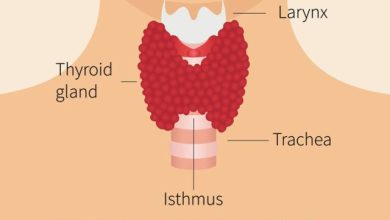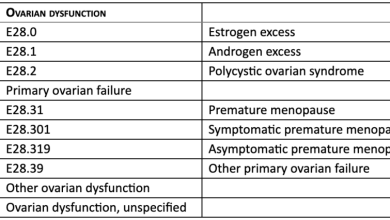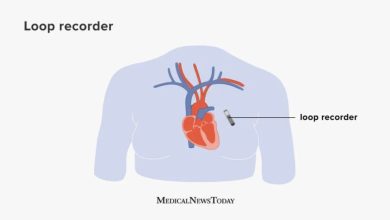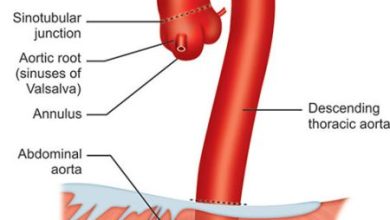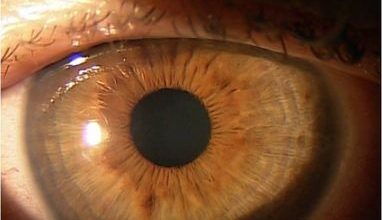Understanding The ICD Code For Prostate Cancer: A Guide For Patients And Caregivers
What is Prostate Cancer?
Prostate cancer is a type of cancer that occurs in the prostate gland, which is a small walnut-shaped gland that produces seminal fluid in males. It is one of the most common types of cancer in men, with over 191,000 new cases diagnosed in the United States each year.
ICD Code Information

The ICD-10 code for prostate cancer is C61. This code is used by healthcare providers to classify and code diagnoses, symptoms, and procedures associated with prostate cancer.
Diagnostic Related Groups (MS-DRG)
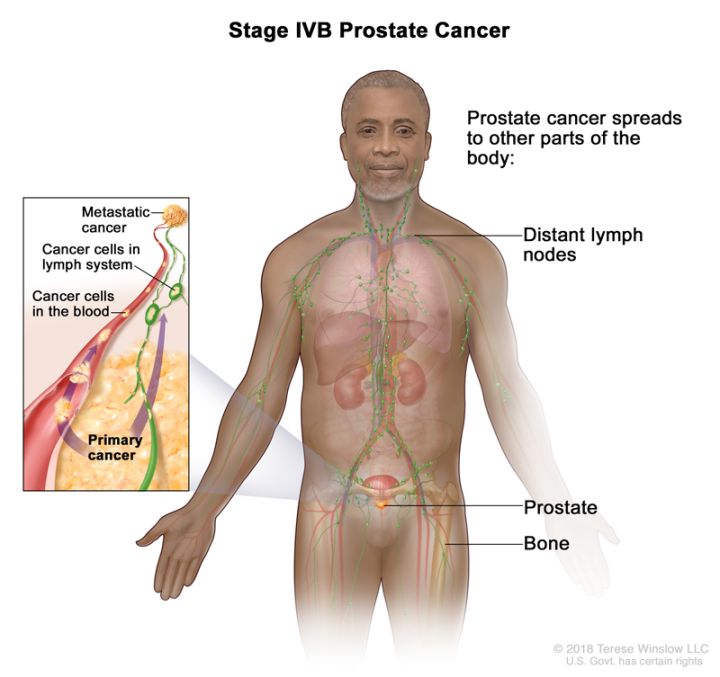
The Medicare Severity-Diagnosis Related Group (MS-DRG) for prostate cancer is 033. This group is used to classify patients with similar clinical characteristics and expected healthcare resource use into a single payment category for reimbursement purposes.
Convert to ICD-9 Code
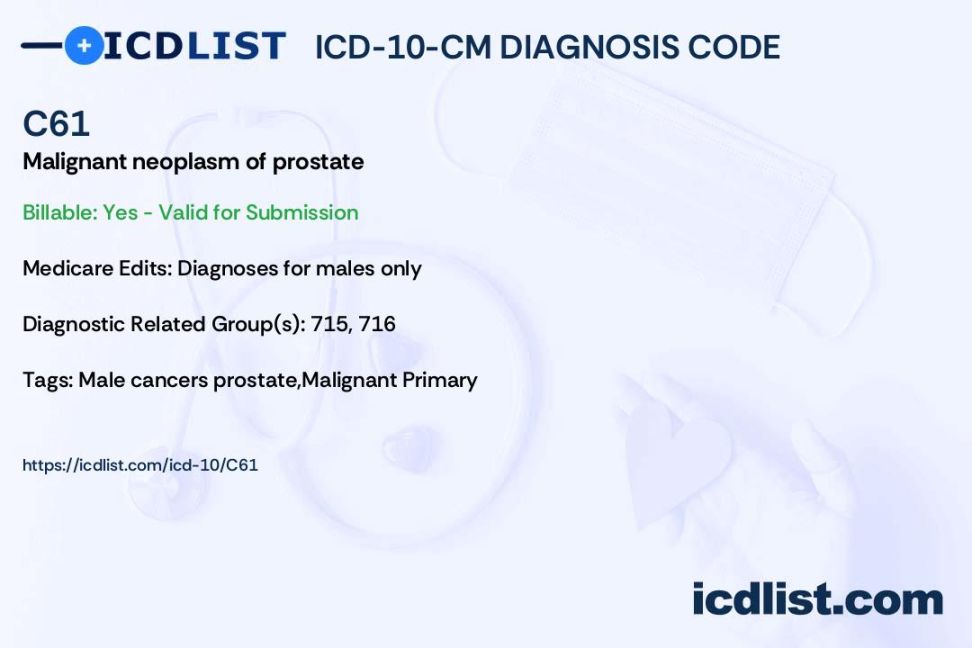
The ICD-9 code for prostate cancer is 185. This code was used prior to the implementation of the ICD-10 coding system in October 2015.
Code History
The ICD-10 code for prostate cancer, C61, was first introduced in 1992. It has since been revised and updated several times to ensure accurate classification and coding of prostate cancer diagnoses.
Approximate Synonyms
Some approximate synonyms for prostate cancer include malignant neoplasm of prostate, adenocarcinoma of the prostate, and metastatic prostate cancer.
Clinical Information
Prostate cancer typically develops slowly and may not cause any symptoms in its early stages. As the cancer progresses, symptoms may include difficulty urinating, blood in the urine, erectile dysfunction, and pain in the back, hips, or pelvis.
Causes
The exact cause of prostate cancer is unknown, but several risk factors have been identified, including age, family history, race, and certain genetic mutations. Hormonal factors may also play a role in the development of prostate cancer.
Symptoms
Early-stage prostate cancer may not cause any symptoms. As the cancer progresses, symptoms may include frequent urination, weak or interrupted urine flow, pain or burning during urination, blood in the urine, and pain in the back, hips, or pelvis.
Diagnosis
Prostate cancer is typically diagnosed through a combination of physical exams, blood tests, imaging studies, and tissue biopsies. The prostate-specific antigen (PSA) test is commonly used to screen for prostate cancer, but additional tests are needed to confirm a diagnosis.
Treatment
Treatment for prostate cancer may include active surveillance, surgery, radiation therapy, hormone therapy, chemotherapy, or immunotherapy. The choice of treatment depends on the stage of the cancer, the patient’s overall health, and other factors.
Conclusion
Prostate cancer is a common and potentially deadly disease that affects millions of men worldwide. Early detection and treatment are key to improving outcomes and quality of life for patients with prostate cancer. By understanding the ICD code for prostate cancer and its clinical implications, healthcare providers can ensure accurate diagnosis, coding, and treatment for patients with this disease.
FAQs
What are the risk factors for prostate cancer? Risk factors for prostate cancer include age, family history, race, and certain genetic mutations.
How is prostate cancer diagnosed? Prostate cancer is typically diagnosed through a combination of physical exams, blood tests, imaging studies, and tissue biopsies.
What are the treatment options for prostate cancer? Treatment options for prostate cancer may include active surveillance, surgery, radiation therapy, hormone therapy, chemotherapy, or immunotherapy.
Is prostate cancer curable? Prostate cancer is curable, especially when detected early and treated promptly with appropriate therapies.
How can I reduce my risk of developing prostate cancer? You can reduce your risk of developing prostate cancer by maintaining a healthy lifestyle, including regular exercise, a balanced diet, and routine screenings for early detection.





